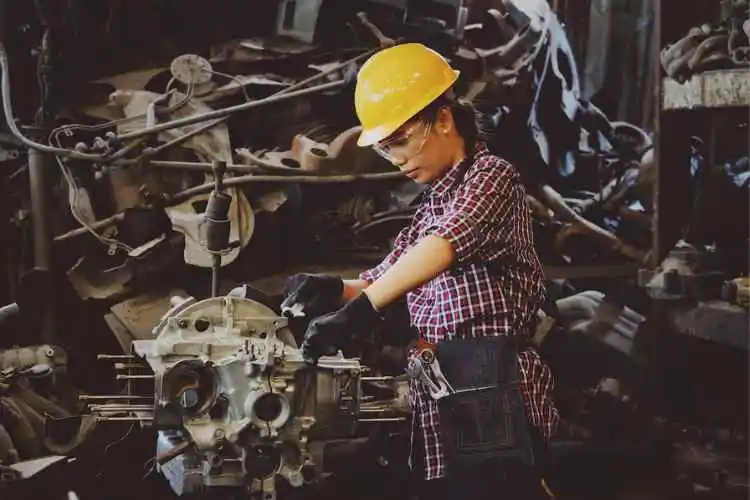Ceramic ball bearings have revolutionized various industries, enhancing performance and efficiency across a spectrum of applications. Unlike traditional steel ball bearings, ceramic variants, often made from materials like silicon nitride or zirconia, offer distinct advantages that contribute to improved functionality in machinery and equipment.
Resistant and durable
One of the primary benefits of ceramic ball bearings lies in their exceptional hardness and resistance to wear. This characteristic translates into increased durability and longevity, making them a preferred choice in critical applications such as aerospace, automotive, and industrial machinery. The reduced wear and friction lead to less frequent maintenance requirements and prolonged operational lifespans
The superior heat resistance of ceramic ball bearings is another key attribute that elevates their performance. In applications where extreme temperatures are common, such as within engines or industrial processes, ceramic bearings maintain structural integrity and lubrication properties, mitigating the risk of premature failure.
Ceramic bearings in the automotive industry
The automobile industry, known for its relentless pursuit of innovation, has eagerly embraced ceramic ball bearings due to their exceptional hardness and resistance to wear. In critical components like transmissions, engines, and wheel hubs, these bearings reduce friction and wear, resulting in improved fuel efficiency and prolonged component life. The reduced need for frequent replacements translates into cost savings for manufacturers and a more sustainable, eco-friendly approach.
The lightweight nature of ceramic ball bearings is a particularly attractive feature for automakers aiming to optimize fuel efficiency. As vehicles strive for greater speed and energy efficiency, the lower inertia provided by ceramic bearings contributes to improved acceleration and deceleration, aligning seamlessly with the industry’s pursuit of performance excellence
Conclusion
The implementation of ceramic ball bearings has markedly improved multiple facets of machinery and equipment. Their hardness, lightness, heat resistance, and non-conductive nature collectively contribute to increased durability, operational efficiency, and reliability across industries, showcasing the transformative impact of this advanced bearing technology.


